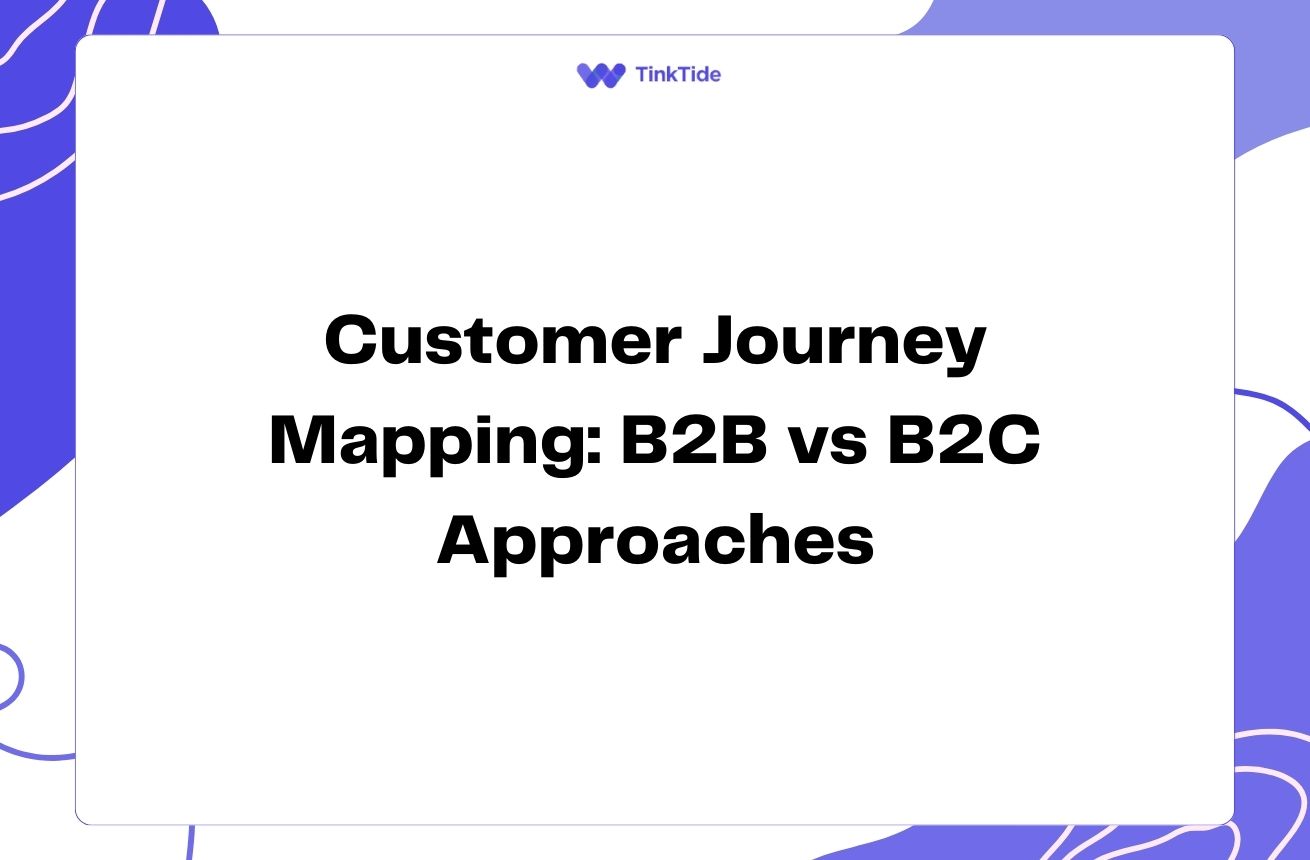Scalable Marketing Strategies for Sustainable Business Growth
The Importance of Scalable Marketing
In today's fast-paced business environment, developing marketing strategies that can grow with your business is crucial for long-term success. Scalable marketing allows you to maintain effectiveness while expanding your reach and adapting to changing market conditions.
Scalable marketing strategies are designed to accommodate growth without requiring a proportional increase in resources. This approach enables businesses to achieve sustainable growth and maximize their return on investment (ROI) as they expand.
By implementing scalable marketing techniques, you can ensure that your marketing efforts remain effective and efficient as your business grows. This adaptability is essential in today's dynamic marketplace, where consumer preferences and technological advancements are constantly evolving.
Key Principles of Scalable Marketing
To develop marketing strategies that can grow with your business, it's important to understand and implement these key principles:
- Focus on automation and efficiency
- Leverage data-driven decision making
- Prioritize content marketing and SEO
- Embrace multi-channel marketing
- Invest in customer retention
Automation and Efficiency
Automation is a cornerstone of scalable marketing. By automating repetitive tasks and processes, you can free up time and resources to focus on strategic initiatives. Marketing automation tools like HubSpot or Marketo can help streamline your marketing efforts, from email campaigns to lead nurturing.
Efficiency is equally important. Look for ways to optimize your marketing processes and eliminate bottlenecks. This might involve using project management tools, standardizing workflows, or implementing agile marketing methodologies.
By focusing on automation and efficiency, you can ensure that your marketing efforts can scale without a proportional increase in time and resources. This allows you to maintain effectiveness while growing your business.
Data-Driven Decision Making
Scalable marketing strategies rely heavily on data-driven decision making. By leveraging analytics and insights, you can make informed decisions about where to allocate your resources and how to optimize your marketing efforts.
Implement robust tracking and analytics tools like Google Analytics to monitor your marketing performance across channels. Use A/B testing to refine your messaging and tactics continuously. By basing your decisions on data, you can ensure that your marketing strategies remain effective as you scale.
Additionally, consider investing in customer data platforms (CDPs) or customer relationship management (CRM) systems to centralize your data and gain a holistic view of your customers. This comprehensive understanding will enable you to create more targeted and personalized marketing campaigns as your business grows.
Content Marketing and SEO
Content marketing and search engine optimization (SEO) are highly scalable marketing strategies that can grow with your business. By creating valuable, evergreen content, you can attract and engage customers over the long term without constantly increasing your marketing spend.
Develop a content strategy that focuses on creating high-quality, informative content that addresses your target audience's needs and pain points. Use tools like Ahrefs or Moz to research keywords and optimize your content for search engines.
As your business grows, you can repurpose and update existing content to maintain its relevance and effectiveness. This approach allows you to scale your content marketing efforts efficiently while continuing to drive organic traffic and leads.
Multi-Channel Marketing
Embracing a multi-channel marketing approach is essential for developing scalable marketing strategies. By diversifying your marketing channels, you can reach a wider audience and reduce dependency on any single platform.
Start by identifying the most effective channels for your target audience. This might include social media, email marketing, content marketing, paid advertising, and influencer partnerships. As your business grows, you can expand into new channels or increase your presence on existing ones.
Use tools like Hootsuite or Buffer to manage and schedule your social media content across multiple platforms efficiently. This approach allows you to maintain a consistent presence across channels without significantly increasing your workload.
Customer Retention Strategies
While acquiring new customers is important for growth, focusing on customer retention is a highly scalable marketing strategy. Retaining existing customers is often more cost-effective than acquiring new ones, and loyal customers can become brand advocates, helping to drive organic growth.
Implement customer loyalty programs, personalized email campaigns, and targeted offers to keep your existing customers engaged. Use customer feedback tools like SurveyMonkey to gather insights and improve your products or services continuously.
By prioritizing customer retention, you can create a stable foundation for growth while reducing the pressure to constantly acquire new customers. This approach allows your marketing strategies to scale more effectively as your business expands.
Implementing Scalable Marketing Strategies
To implement scalable marketing strategies effectively, follow these steps:
- Assess your current marketing efforts and identify areas for improvement
- Set clear, measurable goals for your marketing initiatives
- Invest in the right tools and technologies to support scalability
- Develop standardized processes and workflows
- Continuously monitor and optimize your marketing performance
- Foster a culture of experimentation and learning within your marketing team
Common Questions About Scalable Marketing
Here are some frequently asked questions about developing scalable marketing strategies:
What is the difference between scalable and non-scalable marketing?
Scalable marketing strategies are designed to grow with your business without requiring a proportional increase in resources. Non-scalable marketing often involves tactics that don't easily accommodate growth or require significant additional investment to expand.
How can I measure the scalability of my marketing efforts?
You can measure scalability by tracking metrics such as customer acquisition cost (CAC), customer lifetime value (CLV), and marketing ROI over time. If these metrics remain stable or improve as your business grows, your marketing strategies are likely scalable.
What are some examples of scalable marketing tactics?
Examples of scalable marketing tactics include content marketing, SEO, email automation, social media marketing, and referral programs. These tactics can often be expanded or optimized without requiring a proportional increase in resources.
How often should I review and adjust my marketing strategies?
It's recommended to review your marketing strategies quarterly and make adjustments as needed. However, you should also be prepared to make more frequent changes in response to significant market shifts or new opportunities.
What role does technology play in scalable marketing?
Technology is crucial for scalable marketing. Marketing automation tools, analytics platforms, and customer relationship management (CRM) systems can help streamline processes, improve efficiency, and provide valuable insights for data-driven decision making.
How can I ensure my marketing team is prepared for scaling?
To prepare your marketing team for scaling, focus on developing standardized processes, investing in ongoing training and skill development, and fostering a culture of adaptability and continuous improvement. Encourage cross-functional collaboration and knowledge sharing within your team.
Additional Resources
HubSpot's Guide to Scalable Marketing
Comprehensive guide on implementing scalable marketing strategies
Content Marketing Institute
Resource for content marketing best practices and trends
Moz's Beginner's Guide to SEO
In-depth guide to search engine optimization
Neil Patel's Digital Marketing Blog
Insights and tips on various digital marketing topics
Marketing Automation Times
News and resources on marketing automation
Conclusion: Embracing Scalable Marketing for Long-Term Success
Developing marketing strategies that can grow with your business is essential for long-term success in today's competitive landscape. By focusing on automation, data-driven decision making, content marketing, multi-channel approaches, and customer retention, you can create a scalable marketing framework that maintains effectiveness as your business expands.
Remember that scalability is an ongoing process. Continuously monitor your marketing performance, stay informed about industry trends, and be prepared to adapt your strategies as needed. With the right approach, your marketing efforts can become a powerful driver of sustainable business growth.
Start implementing these scalable marketing strategies today to set your business on the path to long-term success and growth.
Take Your Marketing to the Next Level
Ready to implement scalable marketing strategies? Start your free trial of Tinktide and unlock powerful tools for marketing automation and analytics.
Start Your Free Trial

